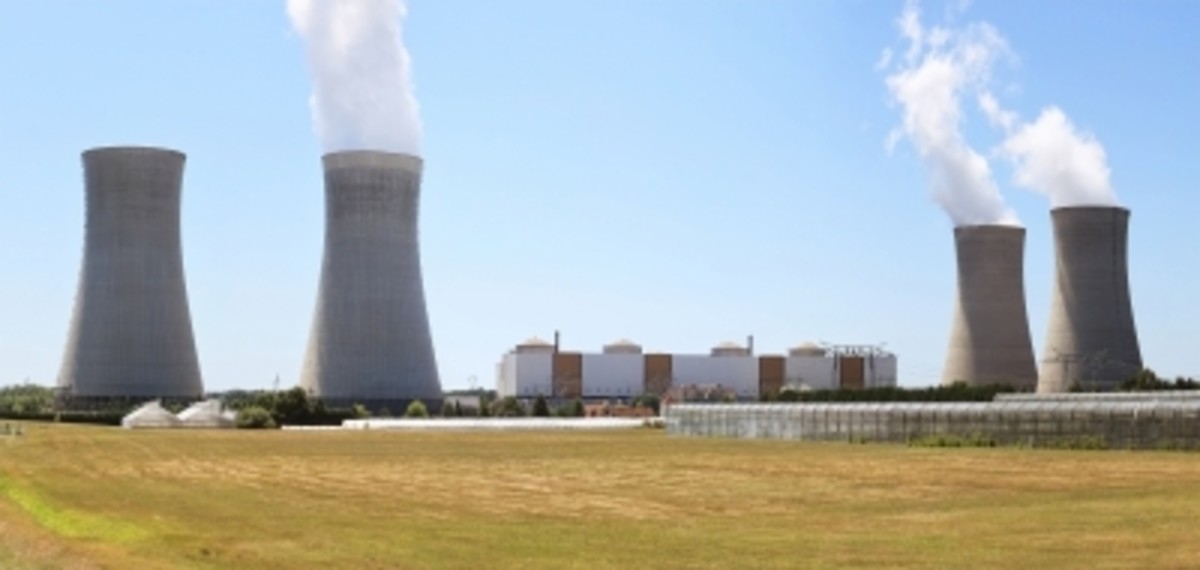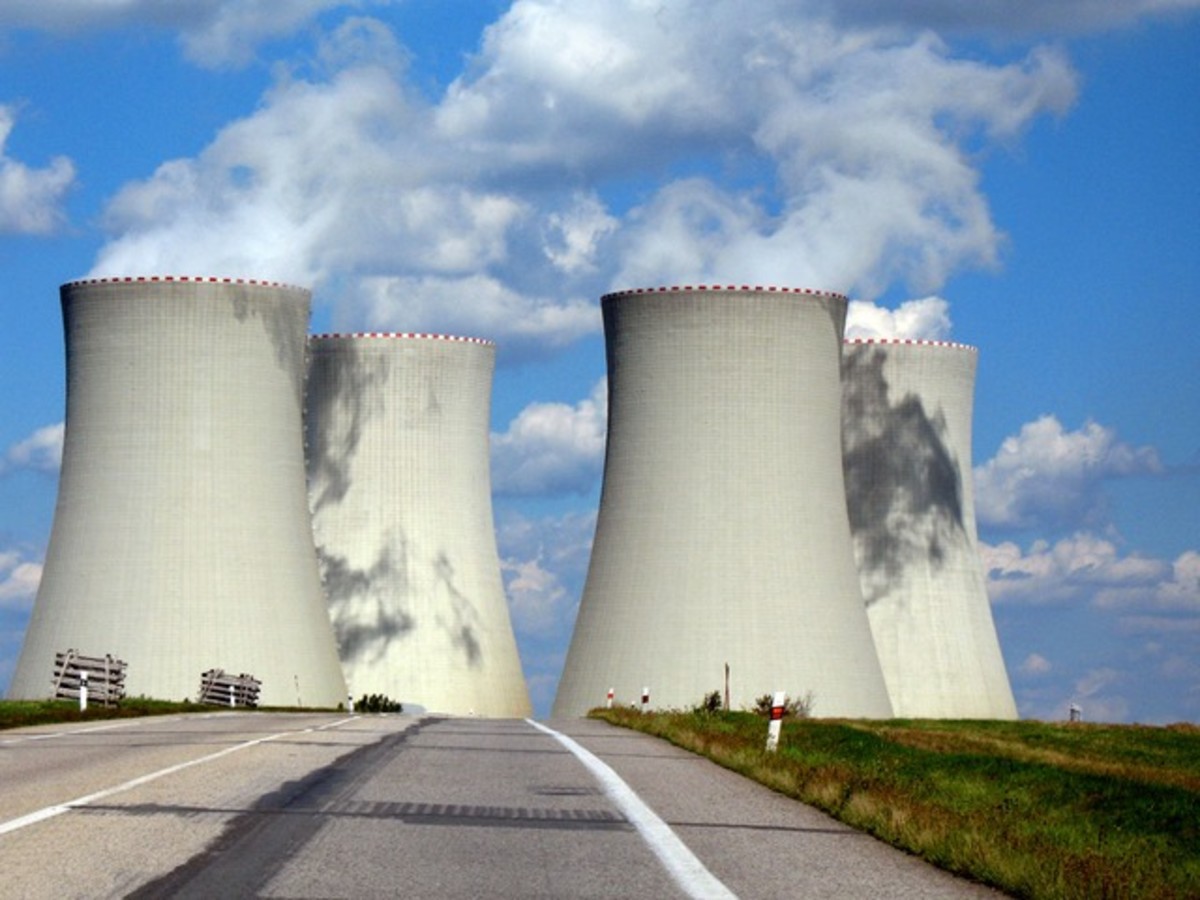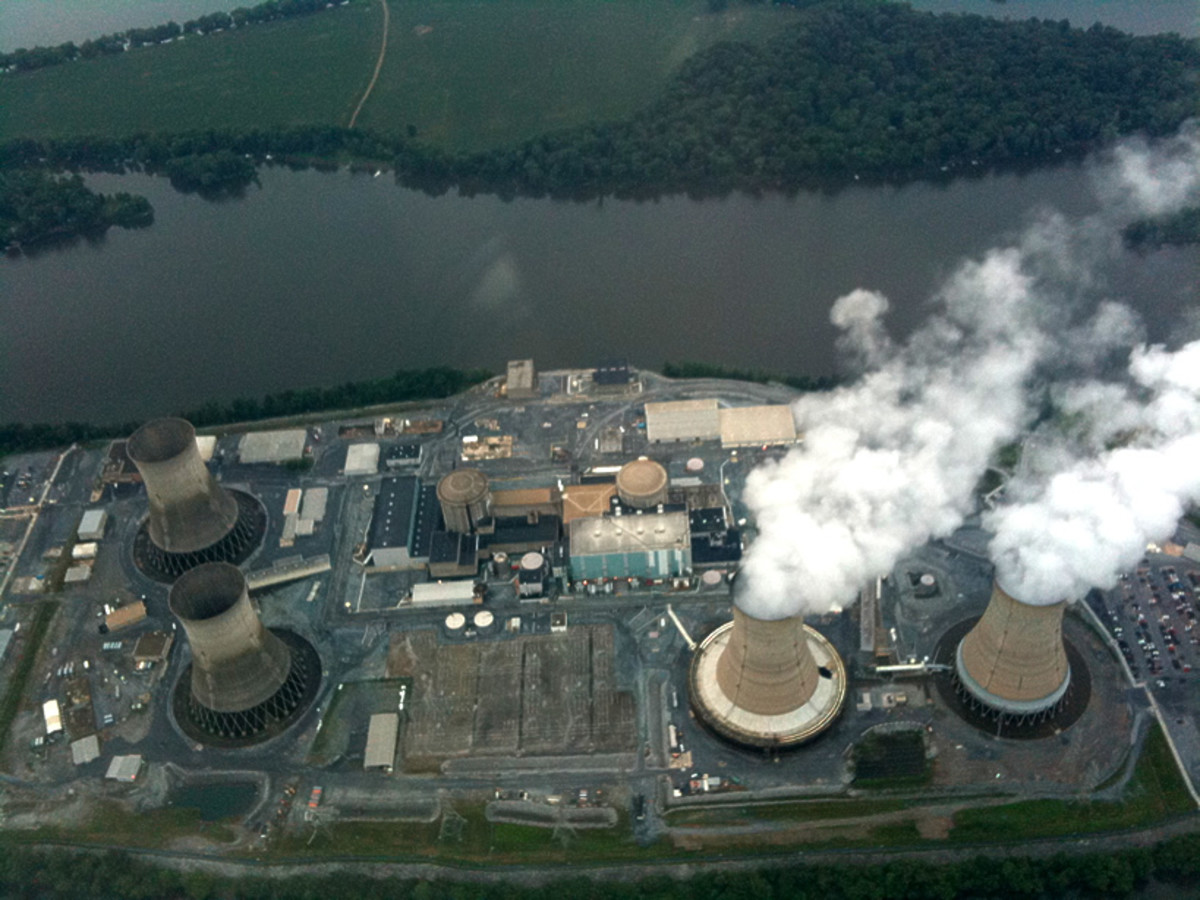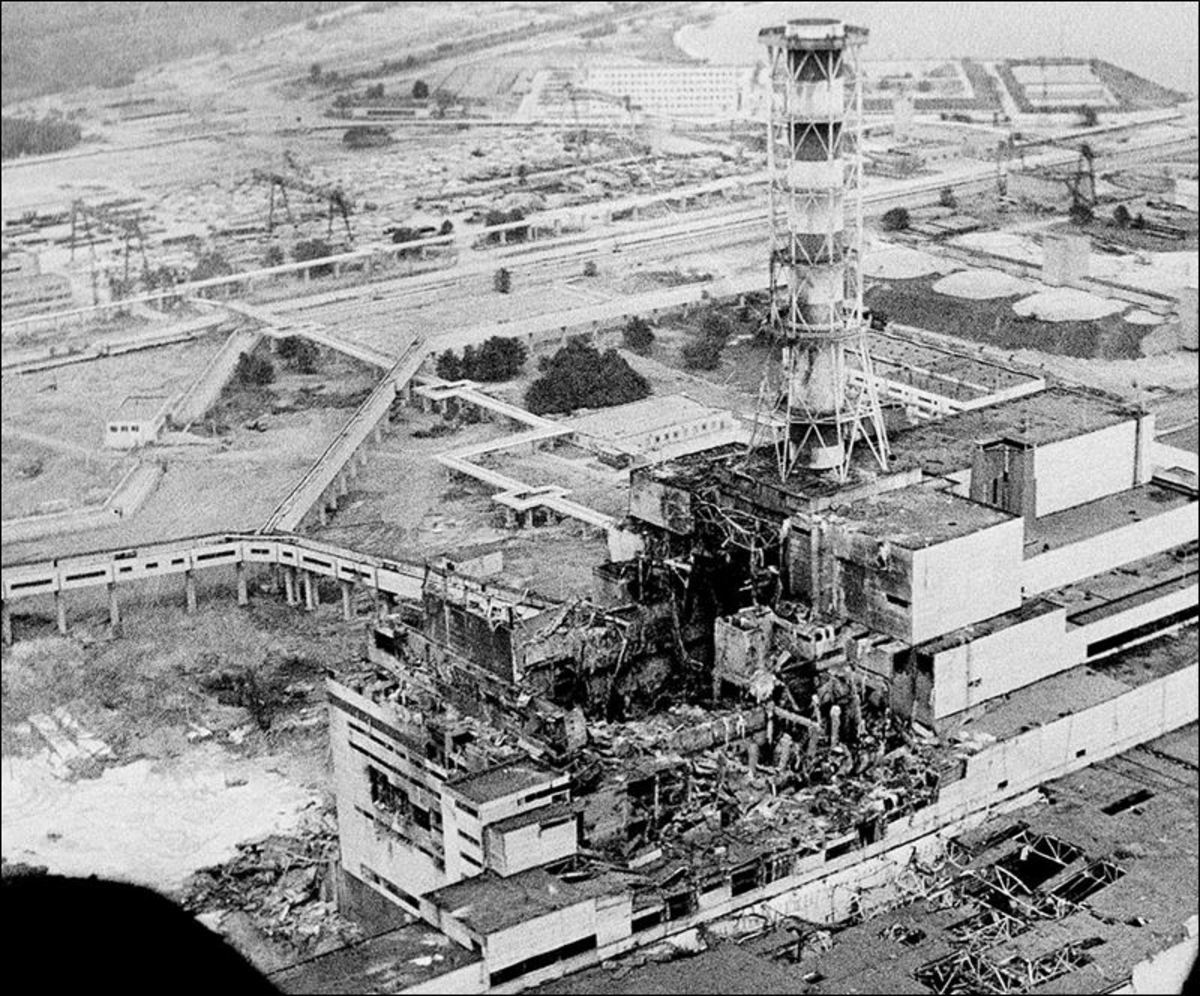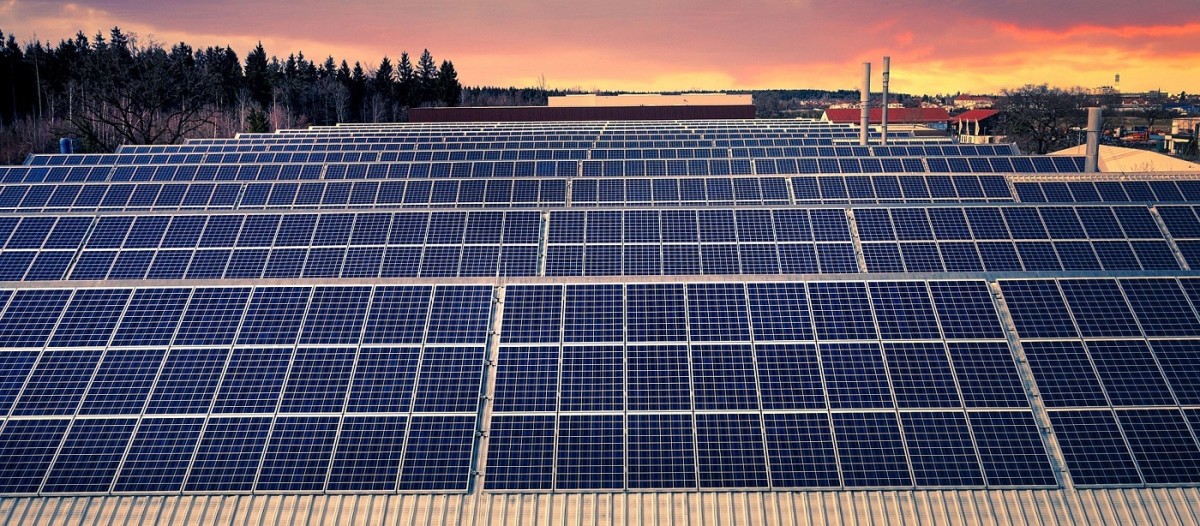Tick tock, tick tock, tick toxic!

Powering up for the future
Time is running out for the people of this planet to realise nuclear power is not the world’s saviour; it is far more likely to be our downfall.
I can hear the proponents now muttering into their beards about ‘bloody greenies, Luddites and hippy-dippy types.’ Why the prospect of a world full of such people should be any worse than one filled with toxic waste, I really can’t understand.
If the events in Japan haven’t raised some disturbing scenarios in the minds of even the most dedicated proponents of nuclear power, then they possess even less humanity than I had suspected. It’s no use saying this is a ‘rare, one-off event’ that might never happen again. We know that is rubbish, and besides, those who say the odds of a repeat are extremely small are simply playing the numbers game. With consequences as serious as those unfolding in Japan following the March 2011 earthquake and tsunami, building nuclear power plants is like playing Russian Roulette. And to build them in such a seismically volatile spot as Japan which is also vulnerable to tsunamis is like playing the game with five live bullets in the chamber.
I feel dreadfully sorry for the people of Japan, and my thoughts are with every one of them on a personal level. The rank and file citizens are not to blame here, although I do have a nagging little voice saying how could they let their leaders do this? That is something they might want to consider after all this is over.
However the fact remains that nuclear power has been developed and the genie is well and truly out of the bottle. I know that trying to put it back is not likely to be an easy operation, so rather like the task of eating an elephant this might need to be handled one bite at a time.
The first and most obvious bite is a worldwide moratorium on the building of nuclear power plants. Then it’s time to carve the beast up and hand the various parts around to be dealt with.
Quite obviously one of those parts is working on expanding and developing cleaner and less wasteful methods of generating power. Work is already being done by a comparatively small number of people around the world at present, albeit most of this is on a pretty small scale. In the face of disasters such as the Fukushima one, this work needs to be expanded and governments need to step up to the plate, ditch their own vested interests and get behind ethical power schemes for the sake of their people.
Much more work can be done to save power than is being done at present. Some will say much is already being done in this respect, but in reality most is just window-dressing and most governments who champion power saving are only targeting the man in the street. Not enough is being done to curb some of the outrageous excesses of many businesses. Considerable savings could be made in many cases simply by abandoning wasteful and unnecessary practices.
Of course the really grubby part of this elephant that nobody wants to chomp down on is the waste from nuclear power plants. This material has been a problem the nuclear industry has never found a satisfactory solution to and herein lies another of the reasons we shouldn’t be making power this way. It is criminally irresponsible to go down the path of making something that you know is generating a mind-blowingly dangerous by product for which you have no satisfactory means of disposal.
We get pretty excited when some dipstick sets up a P-Lab in our street and for a very good set of reasons; they are making something that involves a very dangerous manufacturing process, uses very unstable ingredients, and produces a nasty by-product that is beyond the capabilities of its manufacturers to dispose of safely.
Sound familiar?
I think the parallel is fair. Some might argue that at least we have a variety of good uses for electric power as opposed to P, while others will say we can’t generate enough any other way. Although both of these are valid points, I can’t see that it changes anything. To deny the parallels would be to say the end will always justify the means.
Any politician who makes such utterances either has little if any concern for the well-being of their constituents, or is too ignorant to understand the issues. We must also be wary of the number crunchers in this respect as well. They will be very quick to point out how few nuclear disasters there have been around the world compared to some other random accident they will choose. Some quote how many more people are killed by smoking, car crashes and natural disasters which of course is usually far more. But that is just playing the numbers. The subtext is that as long as only a few people die, the risk is worth it.
There is always another way, and sometimes that means an adjustment to lifestyles and expectations and at times like these that makes a lot of sense. Big business will say we are trying to return to the Dark Ages, but those times were characterised by ignorance among the wider population who were all too ready to believe their ‘superiors’. ......Wait a minute, maybe they have a point on that one, but thankfully people have a certain amount of access to information today and sometimes it is necessary to take a step backwards in order to progress.

